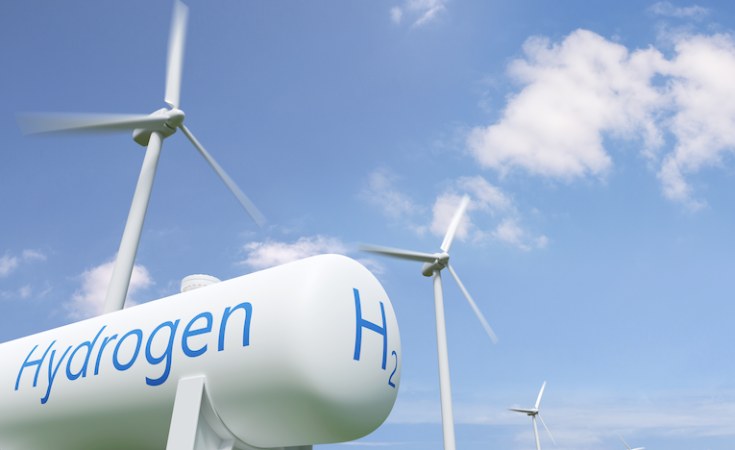Swakopmund is set to host Africa's first-ever green hydrogen power plant.
According to Swakopmund mayor Dina Namubes, the facility, named Renewstable, marks a significant milestone for the town, country and continent in harnessing renewable energy sources.
"Swakopmund stands at the forefront of this sustainable revolution, bringing green baseload power to Africa," said Hydrogène de France (HDF) Energy Namibia representative Nicolas Lecomte during a recent business gathering organised by the Swakopmund municipality with several stakeholders and significant industries.
Renewstable will generate 30 MW of electricity during the day and evening, and 6 MW at night, with 230 MWh of energy storage capacity. It is expected to commence construction in 2024, with the capital expenditure for the venture estimated at N$4,5 billion.
"The proposed infrastructure is robust and focused on bankability, with HDF Energy partnering with various financial institutions for a non-recourse financing agreement," Lecomte said.
A key aspect of this pioneering project is its innovative utilisation of green hydrogen, produced via electrolysis powered by renewable energy. The plant will generate an annual yield of around 1 400 tonnes of green hydrogen, marking a "significant step" toward reducing reliance on fossil fuels.
As a strategic location for the plant, Swakopmund provides the possibility of utilising ocean water through desalination.
"Desalinated water will serve multiple purposes at the site, including topping up water levels and cleaning photovoltaic panels," said Lecomte.
An exciting offshoot of this project is the possibility of harnessing this desalinated water to support side activities, thus maximising resource utilisation and providing additional benefits to the local community.
Looking beyond just power generation, the Renewstable project also incorporates a side demonstrator for green mobility, thus expanding its potential for contributing to a sustainable future.
According to Lecomte, the project is a beacon of HDF Energy's commitment to renewable energy and hydrogen technology.
Since its creation in 2012, HDF has been actively involved in similar projects globally, including the Caribbean and Indonesian island grids.
"The Renewstable power plant is designed to provide a range of services including on-demand dispatchable energy, load following, system protection, grid support and system restoration. It also promises long-term energy storage and backup capabilities," Lecomte said.


